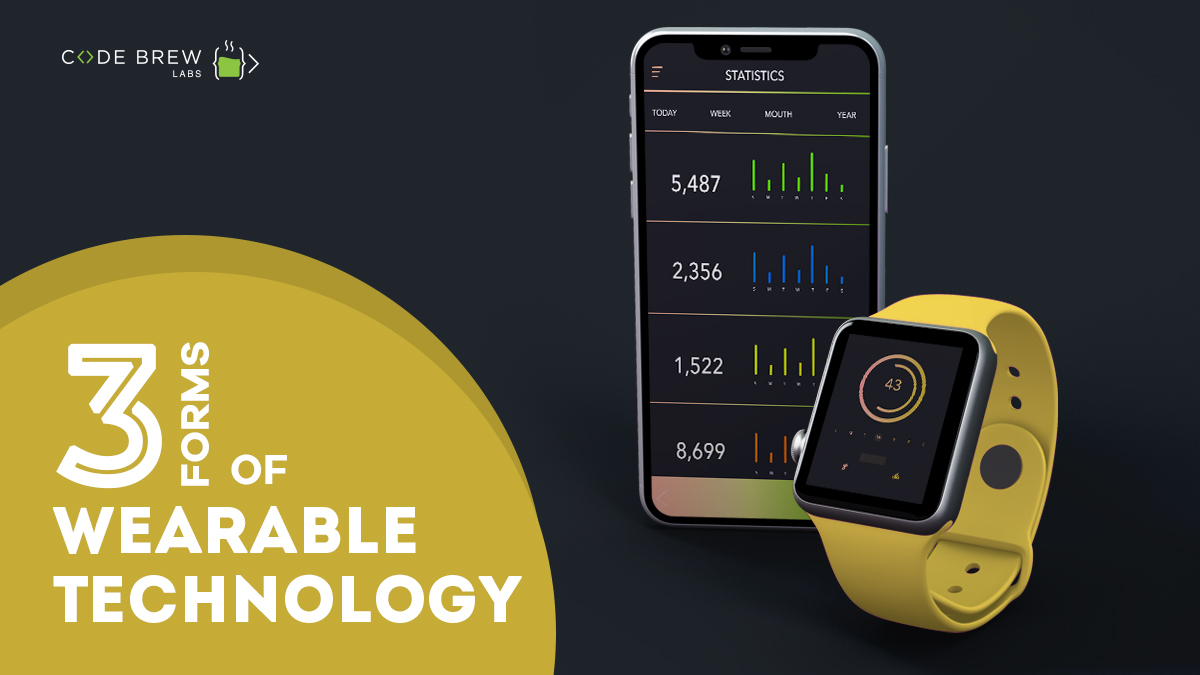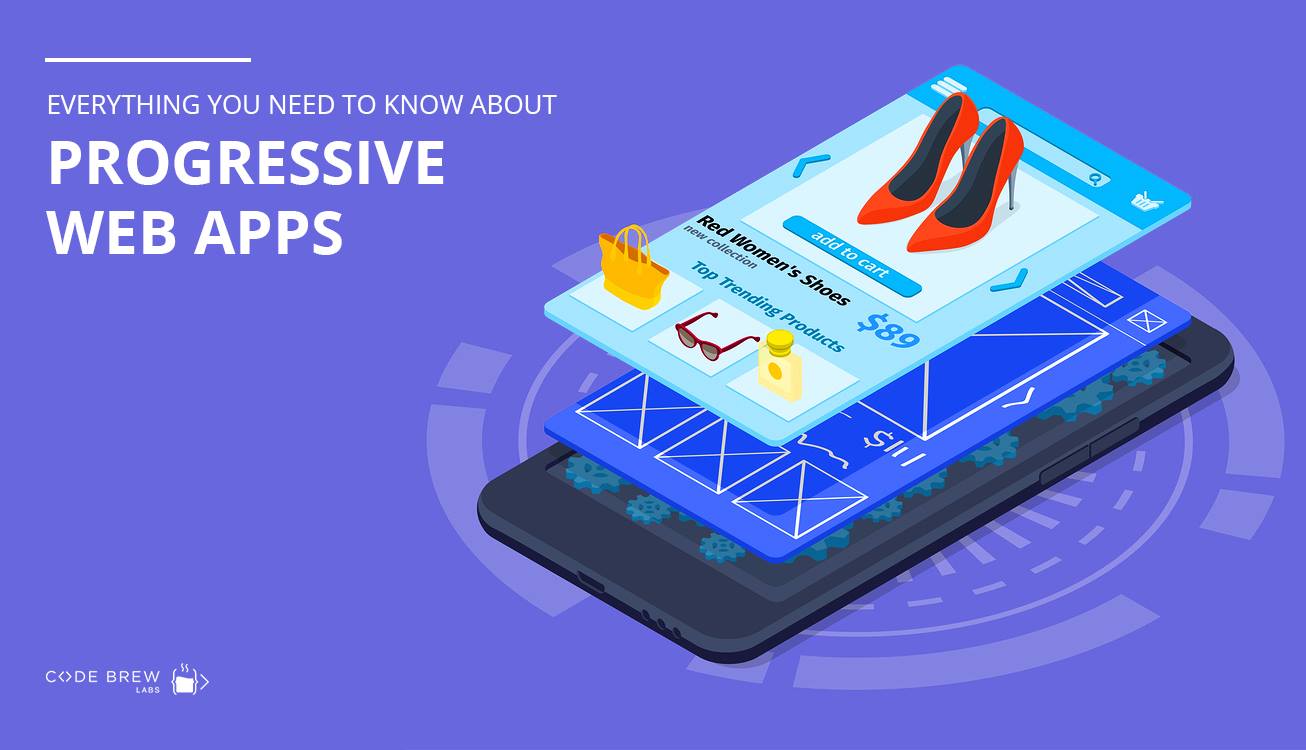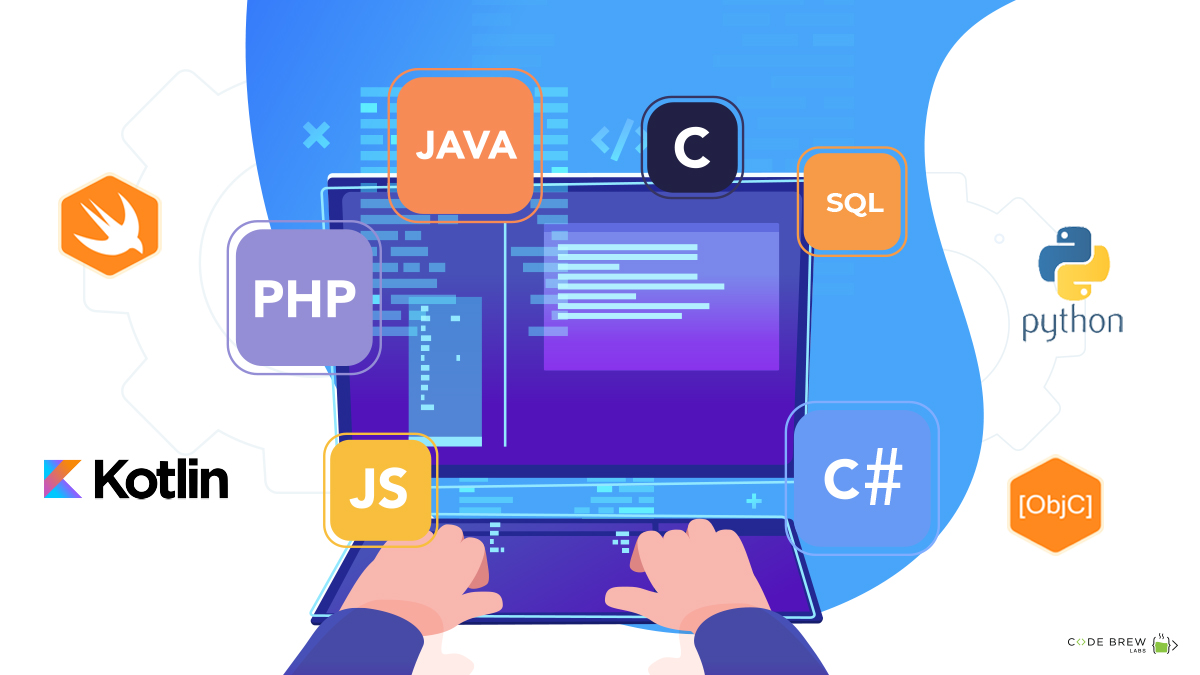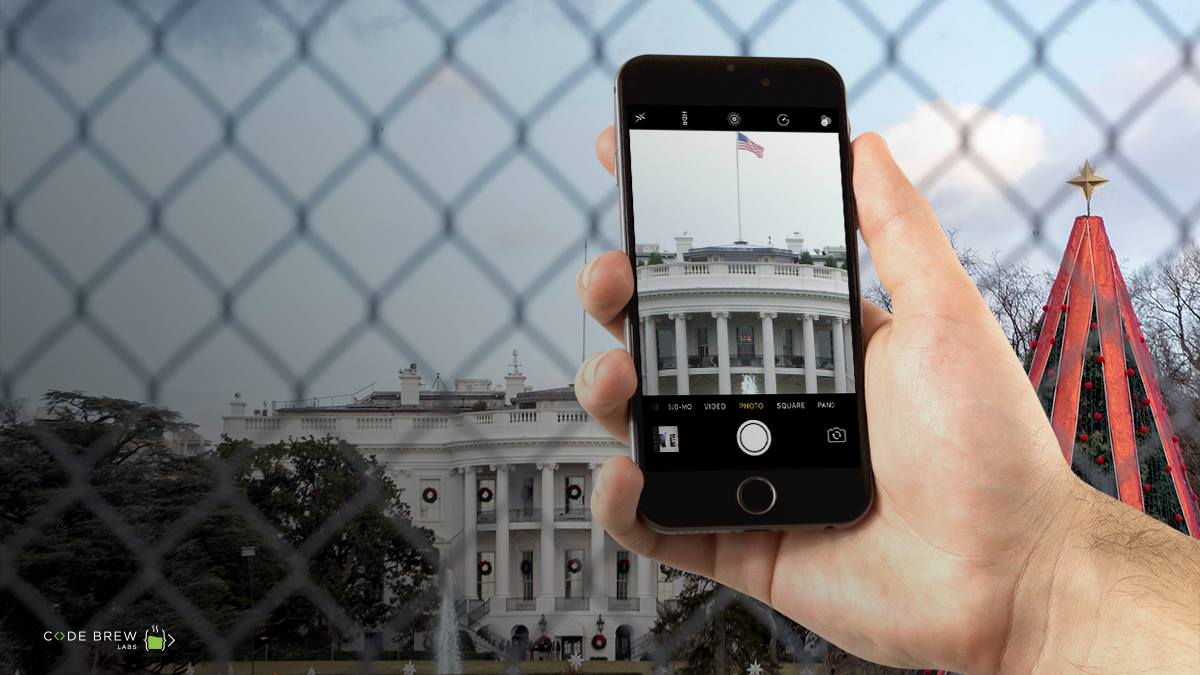Healthcare is one of the burgeoning industries in the modern world. As per the Bureau of Labor Statistics, there are more than 14.3 million people employed in the Healthcare industry. That number is likely to increase with 3.2 million new healthcare related jobs to be created over the course of next 8 years. While the industry continues to expand at a mighty rapid pace, it would be a misconception to believe that everything is in order in Healthcare. There are issues, some really big issues. With greater expansion comes the challenge of communication along with working on legacy systems. The patients also want to avail the most modern and hi-end facilities at all times.
Fortunately, technology is there to shoulder all that burden. For example, instead of taking the time to see the doctor at their clinic, patients now make use of Skype calls to get the necessary prescriptions. Advances in technology also offer a rare hope to cure as serious diseases as cancer. Technology is advancing all the time and with that, it’s shaping the healthcare landscape. Read on to learn how:
Artificial Intelligence

AI has created quite a lot of buzz in the past few years. It’s gradually seeping into our daily lives from helping us find directions when we’re lost in an unknown place, to understanding our tastes based on the things we look up on the internet. There are a plethora of AI apps already in the market already yet its potential is far from fully realized. It’s the AI’s application in the Healthcare space that has many people buzzing with excitement. The key area where AI can lend a much-needed help is medical diagnoses. Diagnostics are the first step towards the successful treatment of any ailment. Stories are rife of doctors who inaccurately diagnose patients, which leads to all sorts of medical complexities. AI tools can put all such risks to bed by making fast and accurate diagnoses.
Wearables
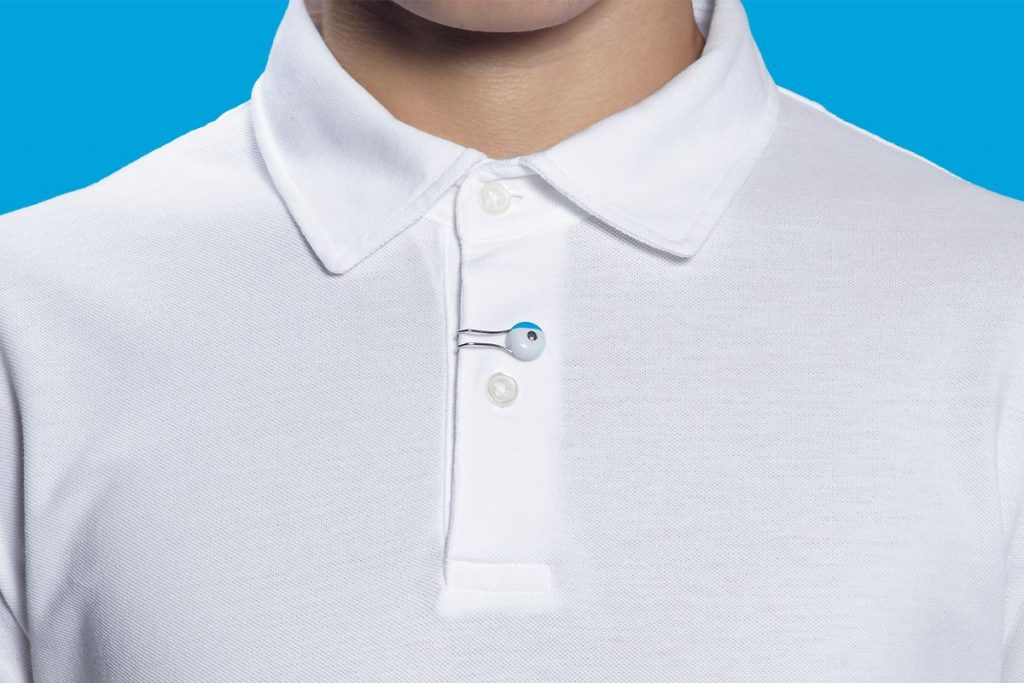
Everybody seems to be jumping on the wearables bandwagon given an array of attractive perks arising out of their usage. By telling you about the times you were physically active and inactive during the day, your heart rate and blood pressure in those moments, the number of calories burnt etc. wearables can lead you to make more intelligent health decisions and attain physical well-being.
Over time, this recorded data can prove significantly helpful if a person were undergoing some treatment. Not least, it’ll help doctors to understand the lifestyle pattern of a person, the environmental risks they’d had been exposed to in the past and make accurate diagnoses. L’Oreal recently launched a wearable UV sensor to help protect against skin cancer.
Blockchain

Blockchain is yet another highly powerful technology whose potential is still being explored in various fields. A blockchain is nothing more but a log that keeps a record of transactions in an encrypted ledger. The ledger is both decentralized and secure. It’s that aspect of this technology that can play a key role in Healthcare. Blockchain can hugely facilitate the operations of data management.
For a long time, the method of doctors taking notes in their individual systems has been in practice. With Blockchain, all patient data could be shared across various providers. That will increase efficiency as well as allow doctors to work in coordination to better diagnose and treat different ailments. Another very useful application of Blockchain can be in the supply chain management. Incidents of drug counterfeiting are still rife. With better recordkeeping and secure transactions, the supply chain can be significantly improved.
Facial Recognition
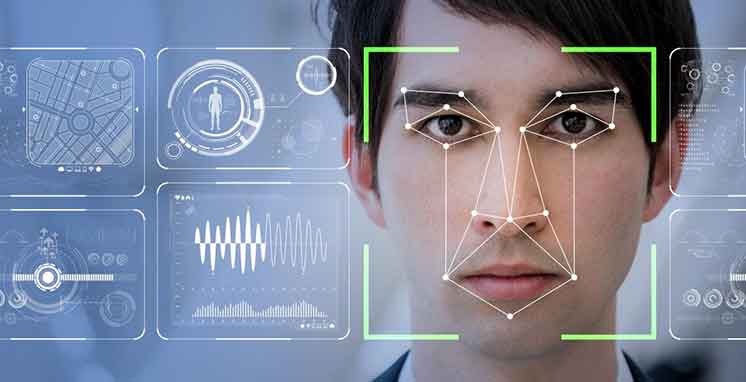
Facial recognition is a fabulous technology that’s destined to go a long way. In the realm of healthcare, its application is currently being explored by the researchers at the National Human Genome Research Institute(NHGRI) to diagnose rare genetic diseases. Malfunctions in the human body can manifest at different times for each individual. That just makes it very difficult to detect and cure a disease in the early stages. With Facial recognition, there’s hope to make a real breakthrough in healthcare. The technology has the potential to pinpoint various indicators and bring them to doctor’s notice much earlier than would be possible by a manual diagnose.
Final thoughts
Technology is really becoming a way of life. The advent of social media first changed the way we interact, communicate and understand each other. Since then the incessant march of technology has been a joy to watch. It now holds sway on the most powerful industries in the world; healthcare being one of them. As technology makes more advances, we’ll start to see its application reach more milestones. The future for tech in healthcare looks promising. Hope this blog was informative to all the healthcare enthusiasts. In what more ways do you see technology impacting the healthcare? Let us know in the comments’ section below.

